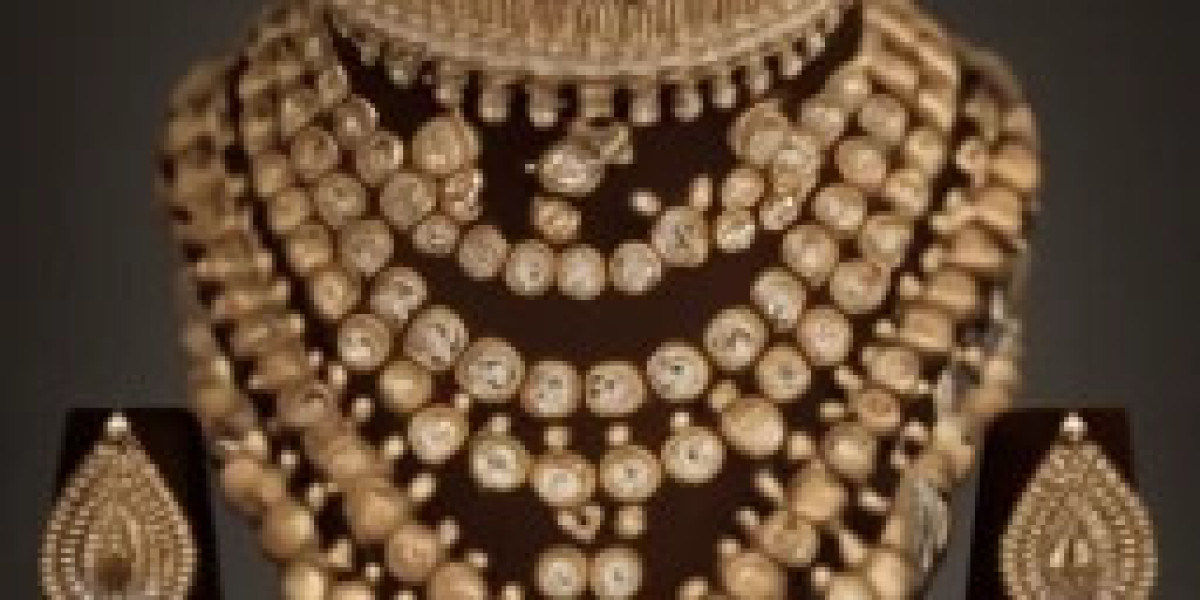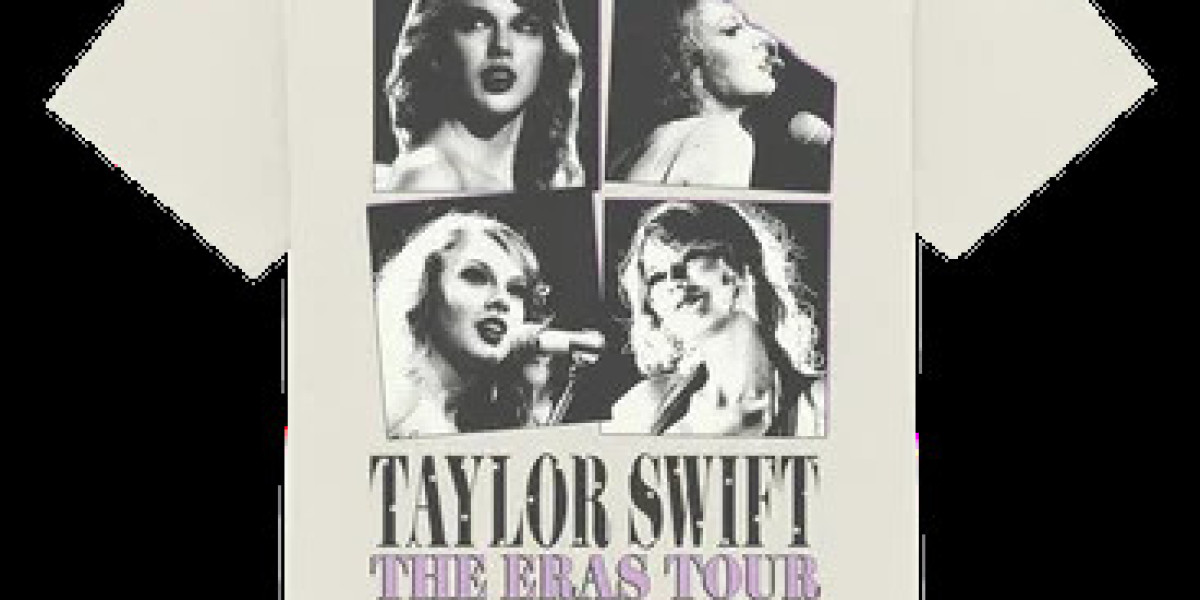Jewelry Auctions: Your Guide to Buying and Selling Treasures
The thrill of bidding, the sparkle of rare gems, and the chance to uncover a hidden masterpiece—that's the allure of jewelry auctions. For collectors, sellers, and enthusiasts alike, these events offer unmatched opportunities to discover or part with unique treasures steeped in history and craft.
But whether you're a newcomer or a seasoned participant, stepping into the world of jewelry auctions can feel daunting. Where do you start? What should you watch out for? And how can you make the most of the experience?
This comprehensive guide will walk you through everything you need to know about jewelry auctions, from how they work to tips for buying and selling successfully.
What Are Jewelry Auctions?
Jewelry auctions are events where buyers and sellers come together to trade exquisite pieces of jewelry. From antiques with historic significance to contemporary designer creations, auctions showcase a diverse range of treasures for any enthusiast. Here's a quick overview of what you can expect:
Types of Jewelry Featured in Auctions
- Antique Jewelry: Rare and often made before the 1920s, these items are steeped in history.
- Vintage Jewelry: Typically from the 20th century, featuring styles specific to their eras (e.g., Art Deco or Mid-Century Modern).
- Designer Jewelry: High-end creations from brands like Cartier, Tiffany & Co., and Van Cleef & Arpels.
- Gemstones: Unset gemstones, from gleaming diamonds to unique coloured stones, are often highlights of auctions.
Why Participate in Jewelry Auctions?
For Buyers
- Access Rare and Unique Pieces
Jewelry auctions provide access to one-of-a-kind items you simply won’t find in retail stores. Whether you're hunting for an antique Edwardian ring or a necklace worn by someone famous, auctions promise a treasure trove of possibilities.
- Competitive Pricing
Auction pricing is often more competitive than retail, particularly for high-value items. Winning the perfect piece for a fraction of its retail price is every bidder's dream.
- Authenticity and Expertise
Items in auctions are evaluated by knowledgeable appraisers, ensuring authenticity and high quality.
For Sellers
- Global Reach
Auction houses attract bidders from around the world, maximising the exposure for your pieces.
- Achieve Fair Market Value
The competitive bidding process often ensures that sellers receive a price reflective of the item's true worth.
- Professional Support
Reputable auction houses guide sellers through valuations, appraisals, and setting reserve prices, making the process easier and more transparent.
How to Buy Jewelry at Auctions
1. Research Auction Houses and Events
Not all auction houses are created equal. Explore options like Sotheby’s, Christie’s, or niche auction platforms that specialise in jewelry. Check their catalogues and find events featuring items you’re genuinely interested in.
2. Understand the Bidding Process
Auctions can be in-person, online, or hybrid. Familiarise yourself with how the process works:
- Pre-register as a bidder.
- Set maximum bid limits in advance.
- Stay updated on bidding increments, rules, and terms.
3. Set a Budget
It’s always tempting to get carried away during an auction, but setting a strict budget will help keep your finances in check. Research the market value of items you're interested in to ensure you're bidding wisely.
4. Inspect Before You Bid
- Always review the item’s catalogue description.
- Attend previews or request additional photos if purchasing online.
- Study the included certifications, provenance, or appraisals.
How to Sell Jewelry at Auctions
1. Choose the Right Auction House
Each auction house has specialties. Choose one experienced in selling the type of jewelry you have. Look for those with a strong network of bidders to ensure your item reaches the right audience.
2. Prepare Your Pieces
First impressions matter. Clean your jewelry and have it professionally appraised or authenticated. Ensure you gather all necessary documentation, such as certifications, provenance, and any relevant history.
3. Understand Fees and Reserves
- Auction House Fees: Most auction houses take a percentage of the final sale price as their commission.
- Reserve Price: This is the minimum amount you're willing to accept. Discuss this with the auctioneer to ensure it aligns with market expectations.
4. Submit Your Item Early
Auction houses often require time to evaluate, photograph, and catalogue your items, so it’s best to submit early in advance of the event.
Tips for Success in Jewelry Auctions
For Buyers
- Research Market Trends
Understand the current market to prioritise what’s hot or valuable. Stay informed on jewellery trends or sought-after gemstones.
- Verify Authenticity
Check for certifications like GIA reports or hallmarks. Authentication documents often signal the item’s quality and value.
- Bid Strategically
Have a clear limit and stick to it. Emotional bidding often leads to regret later.
For Sellers
- Set Realistic Expectations
Be open to expert valuations and market trends. Unrealistic pricing may deter bidders.
- Work with Trusted Auctioneers
Reputable experts know how to present your pieces in the best light, increasing the likelihood of sales at desirable prices.
The Role of Experts in Jewelry Auctions
How Experts Add Value:
- Appraisers evaluate jewelry to provide accurate, trustworthy valuations based on material, craftsmanship, and historical significance.
- Auctioneers bring experience and market knowledge, ensuring both buyers and sellers achieve equitable results.
Certifications and Provenance
Authenticity is key in jewelry auctions. Gemological certifications (like GIA or IGI) and historical provenance can greatly increase an item’s value and appeal.
Exploring the World of Jewelry Auctions
Jewelry auctions are not just transactions; they're experiences filled with intrigue, history, and prestige. Whether you’re looking to unearth a hidden treasure, find the perfect piece to add to your collection, or sell an item that deserves appreciation, auctions offer something for everyone.
The process may seem overwhelming at first, but with preparation, research, and the guidance of trusted experts, you can unlock incredible opportunities.
Curious to start bidding or selling? Explore upcoming auctions, consult with appraisers, and take the first step into this dazzling world of treasures.
Frequently Asked Questions (FAQs)
1. What types of jewelry are commonly sold at auctions?
Auctions typically feature antique, vintage, designer jewelry, and loose gemstones such as diamonds and colored stones.
2. Do I need an appraisal before selling at auction?
While it’s not mandatory, providing a professional appraisal or documentation enhances credibility and helps attract buyers.
3. Can I bid online?
Yes, many auction houses facilitate online bidding, allowing global participation.
4. How do I know an item is authentic?
Reputable auction platforms often include certifications or provenance details for listed items. Always check the catalogue.
5. What is a reserve price in auctions?
It’s the minimum amount a seller is willing to accept for an item. If bidding doesn’t meet this value, the item won’t sell.



